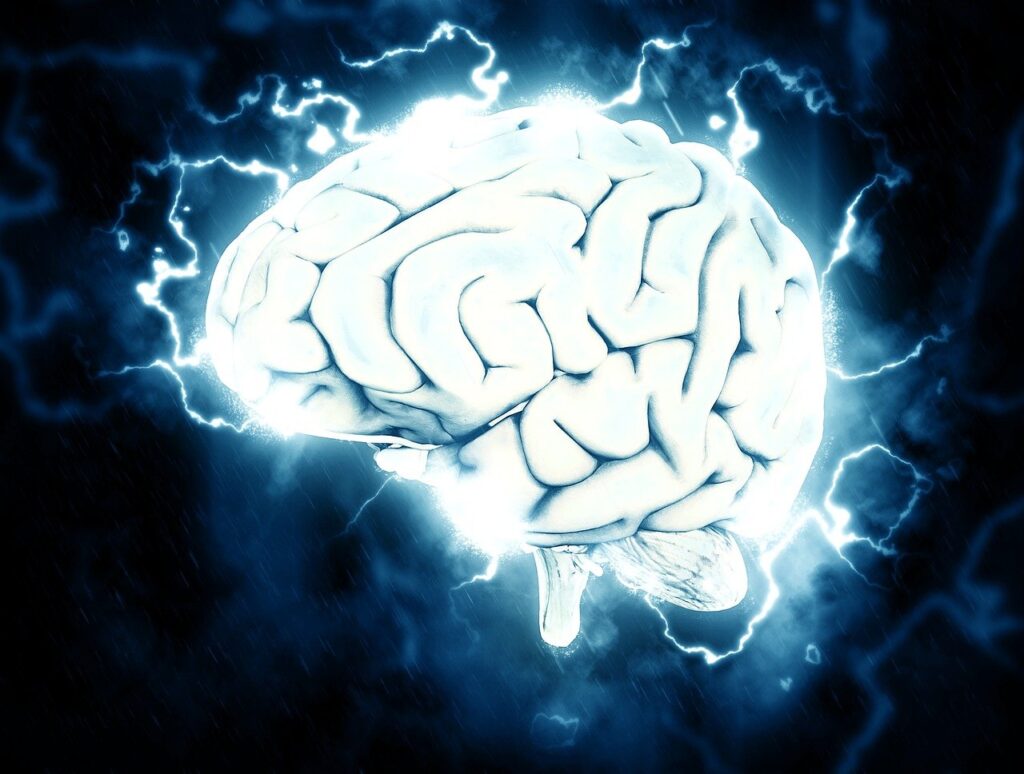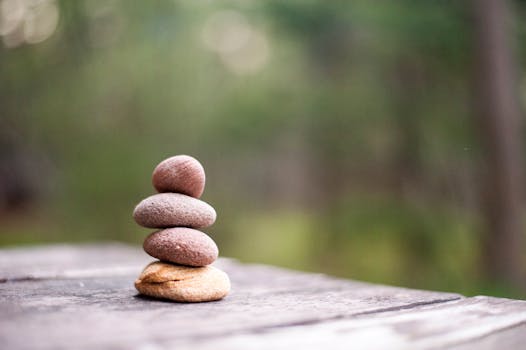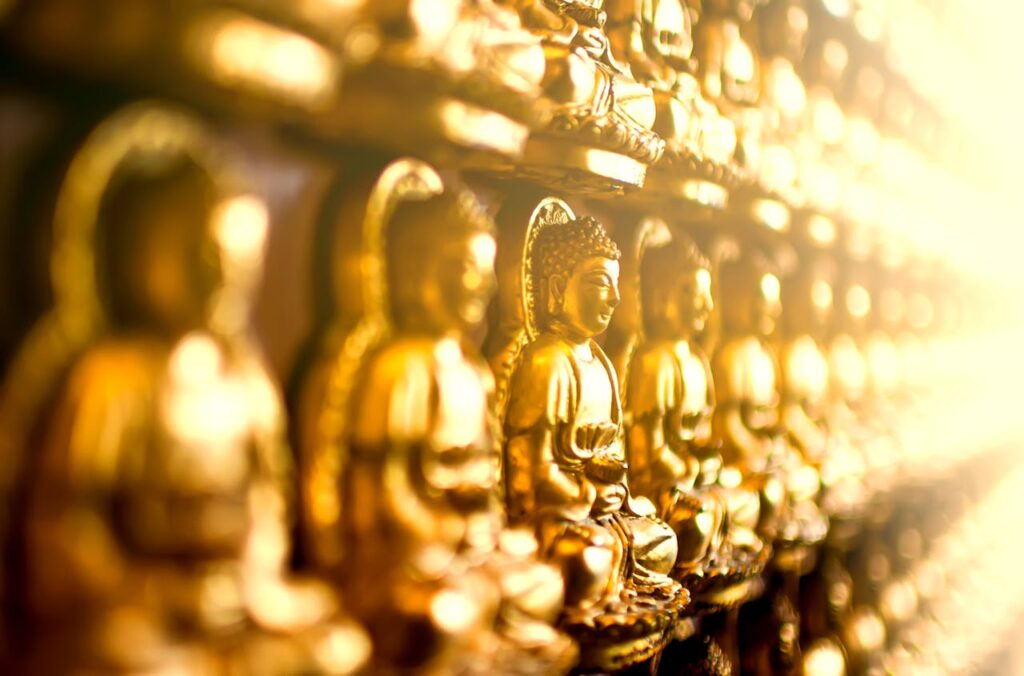Lao Tzu, the Old Master, in his book titled “Tao Te Ching / Dao De Jing”, translated as “The Book of the Way”, talks about The Three Great Treasures. Here, I made an attempt to explore them in a bit of detail based on my interpretations, for these explanations, I draw inspiration from the Advaita Vedanta concepts from Ancient Hindu Scriptures.
Simplicity: “Simple in action and thoughts you return to the source of the being.“
Thinking involves the mind, and when you think about something, you either go into the past or the future, the more you think the farther you get away from the present moment, but the core of the being is in the now, hence overthinking takes you away from the source (of the being) while simple thinking keeps you closer to the source.
Thinking about the past brings us pain, either directly by recalling the painful situations or indirectly when recalling joyful moments that we have separated from. Thinking about the future brings fear and anxiety directly when the outlook is negative or indirectly by first giving hope and excitement followed by the possibility of them not coming true.
Staying in the present moment and focusing on the now, you can be free from both pain and fear, which is the true nature of the being, that’s why simple thinking keeps you closer to the source.
Patience: “Patience with friends and enemies you align yourself with the way things are.“
Patience doesn’t just mean wait it out or give time. It also means to listen, observe, and understand better to take responsible action in relationships whether with friends or enemies.
Here patience refers to not jumping to conclusions or acting in haste. Most of the time things may not be as they appear on the surface, one might act friendly but with intentions of harm. While someone we call an enemy could be just a broken relationship as a result of a misunderstanding or misinformation.
Whether it’s understanding differences with friends or navigating conflicts with those who may not share our views, patience plays a crucial role in building and maintaining meaningful connections. When challenges arise, patience enables open communication and active listening, laying the foundation for stronger, more resilient friendships. Conflict resolution requires time and understanding the root causes of disagreements. Rather than reacting impulsively, patience allows us to navigate conflicts with a calm and collected demeanor, seeking compromise and constructive resolutions.
A famous Indian poet Yogi Vemana, wrote about the dangers of jumping to conclusions based on a short interaction and taking action based on superficial appearances without a deeper contemplation. In his poem, he illustrates these dangers with three scenarios where one must be cautious as things may not be as they appear. One when dealing with an overly courteous King, two when dealing with a woman who is extremely friendly in the first meeting, and a venomous snake that is hiding.
I have written a detailed explanation in the following article:

Compassion: “Compassionate toward yourself and you reconcile all beings of the world.“
In the everyday grind of chasing goals, money, material, and relationships, we forget to be kind to ourselves and love ourselves for who we truly are. We beat ourselves hard at failures and are burdened with regret and pain, prolonged stress results in depression and alienation, we separate ourselves from others and get disconnected from everyone and everything, become lonely, and suffer in silence.
This teaching reminds us of the importance of self-love and kindness toward ourselves. To forgive ourselves for the mistakes of the past, to not burden ourselves with over-ambition, not to stress with anxiety for the future, to accept what is and the now. To be as kind as a loving mother to ourselves.
We can truly love someone else only when we first love ourselves. It’s easier to be kind to others as we see them suffering but it’s difficult to be kind to ourselves as we don’t realize that we are suffering and need love. We try to be strong and push ourselves, but it’s important to be loving and kind to ourselves.
Reconciliation here means reconnecting with everyone around us with love and care.
Once you are compassionate to yourself, you connect with your being, you understand things as they are, and you understand that the source of suffering is within us. Once you gain the understanding of your suffering and heal yourself you can easily empathize with the suffering of others and hence help them heal. In the process connect with them, and bring them all together.



